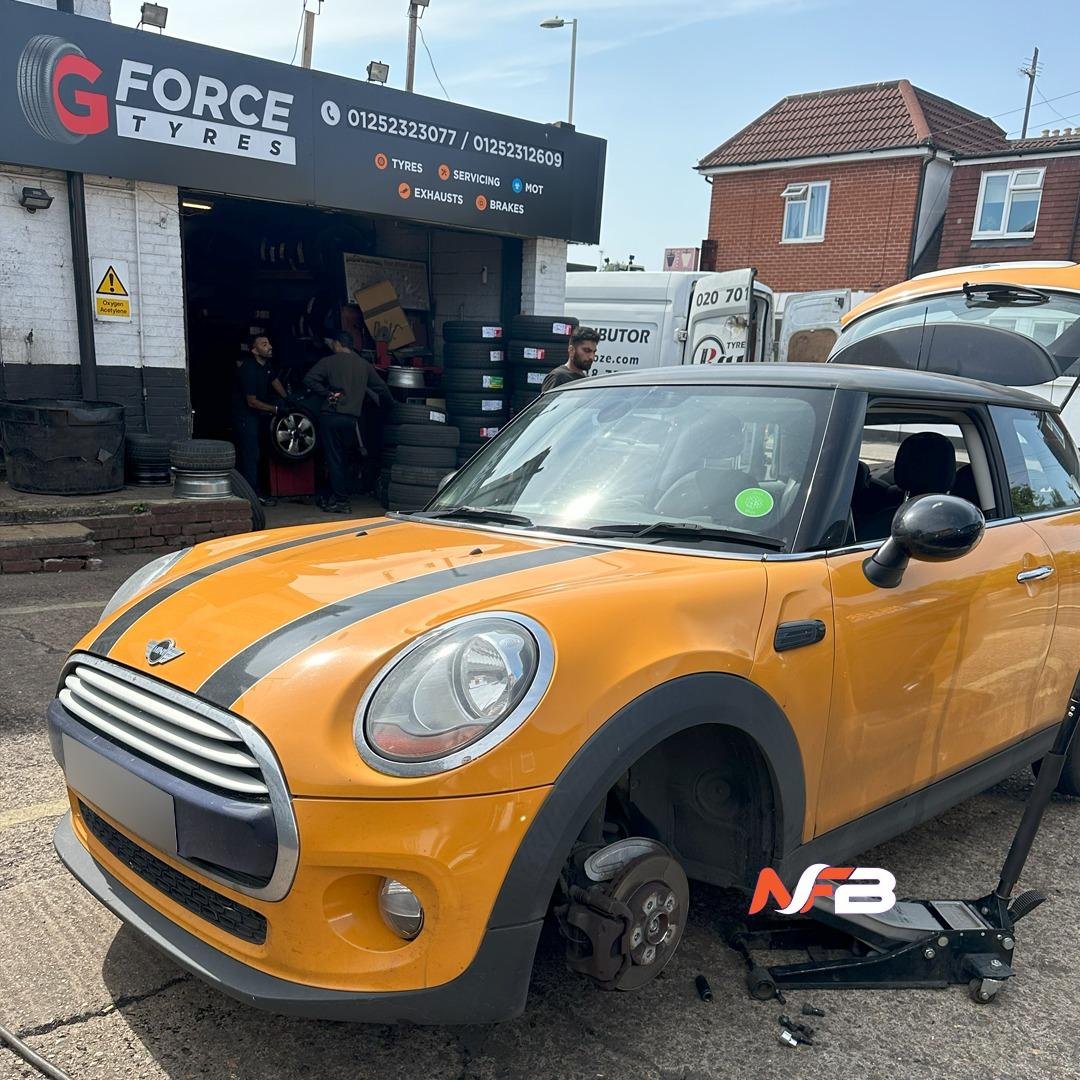Choose the appropriate tyres for your car for safety, performance, and cost. Tyres form the only link between a vehicle and the road, so the right type can seriously affect driving quality, handling, fuel efficiency, and comfort. There is so much, from part-worn tyres, to winter tyres, and all season, that choosing can be quite a bore. Size, tread pattern, and rubber composition also play essential roles in deciding which is best for your car. Understand these things to be fully convinced of safety and value for money. This guide will cover what to look for in choosing car tyres and, of course, the best deals for online tyre purchases in the UK.
Know Different Types of Tyres
Before making a purchase, it is crucial to know the types of tyres available on the market. The following are the main types:
1. Summer Tyres
Most summer tyres are designed for a warm climate with fantastic grip on dry and wet roads. They are best performance when the temperature exceeds 7 °C, but below that, a tire may be unable to generate enough traction.
2. Winter Tyres
These are cold-weather tires that grip well on frozen surfaces and snow. They have different tread designs and a much softer rubber compound that performs well below 7 °C. People living in areas with extreme winter seasons should consider buying winter tyes, as they help improve the level of safety and control.
3. All-Season Tyre
All-season tyre exhibit the property of long-lasting performance to withstand summer and winter conditions. Thus, they are versatile options in moderate climates. Performance is balanced throughout the year and omits the need for seasonal changeovers in the case of tyres.
4. Part Worn Tyres
Part-worn tyres have been used and are mainly seconds put up for sale with some tread remaining so they can be used again. Cheaper these part-worn tyres may usually be in price than the new ones, but quality and tread depth assessment before buying is a must. When choosing part-worn tyres, ensure they comply with legal safety requirements.
What Should You Check When Buying Car Tyres?
When selecting tyres for your car, consider the following factors:
1. Size of Tyre
To ascertain the correct size for your tyre, refer either to the car manual or to the specifications on the sidewall of the current tyre. Tyre size is represented numerically in a format that goes like this: 205/55 R16, where;
• 205: Width of tyre in millimetres
• 55: Aspect ratio indicating the height in proportion to width
• R16: Width of rim in inches
2. The tread pattern or depth
The tread pattern influences grip, handling, and braking performance. Deeper treads give better traction, especially in wet or snowy situations. The legal minimum tread depth in the UK is 1.6mm, but experts recommend changing tyres before reaching this minimum.
3. Load and Speed Ratings
Ensure the tyre can bear the weight of your car and the speed that you drive. The load and speed ratings are marked on the sidewall, i.e., 91V, where
• 91 = Load index (Maximum weight withstanding capacity of each tyre)
• V = Speed rating (Maximum speed capability)
4. Fuel Consumption and Noise
Modern tyres are provided with an efficiency label denoting the effects on fuel consumption, wet grip, and noise. Therefore, choosing fuel-efficient tyres will help reduce fuel costs and emissions.
Buying Tyres Online in the UK
Due to the growing trend in e-commerce, buying tyres online has become a must with a fair degree of convenience and cost-saving. Here are a few tips for buying tyres online in UK:
• Compare Prices – Keep looking for deals and discounts for cheap tyres from good stores.
• Do Read Reviews – Look for customer reviews for quality assurance and reliability.
• Verify Fitment – Compare your car requirements with the size filters of the tyre.
• Check for Installation Services – Some online stores would offer fitting services from local garages.
Cheap Car Tyres: Are They Any Good?
Many drivers want cheap car tyres to save money; however, they must balance cost with quality. Although budget tyres may seem less expensive, they may not give as much durability, grip, or fuel efficiency as a premium brand. If it’s cheap, make sure of its safety standards and customer approval.
Conclusion
Choosing the right tyres for your car entails serious consideration of many tire-related issues, such as the selection of the type, tread depth, size, roading conditions, and budgeting. Whichever tyre type you consider—be it part-worn, winter, or all-season tyres, or online tyres from the UK—safety and performance are paramount. Following this guide will help you make an educated decision and get your tyres that perfectly match your driving requirements.













Leave a Reply